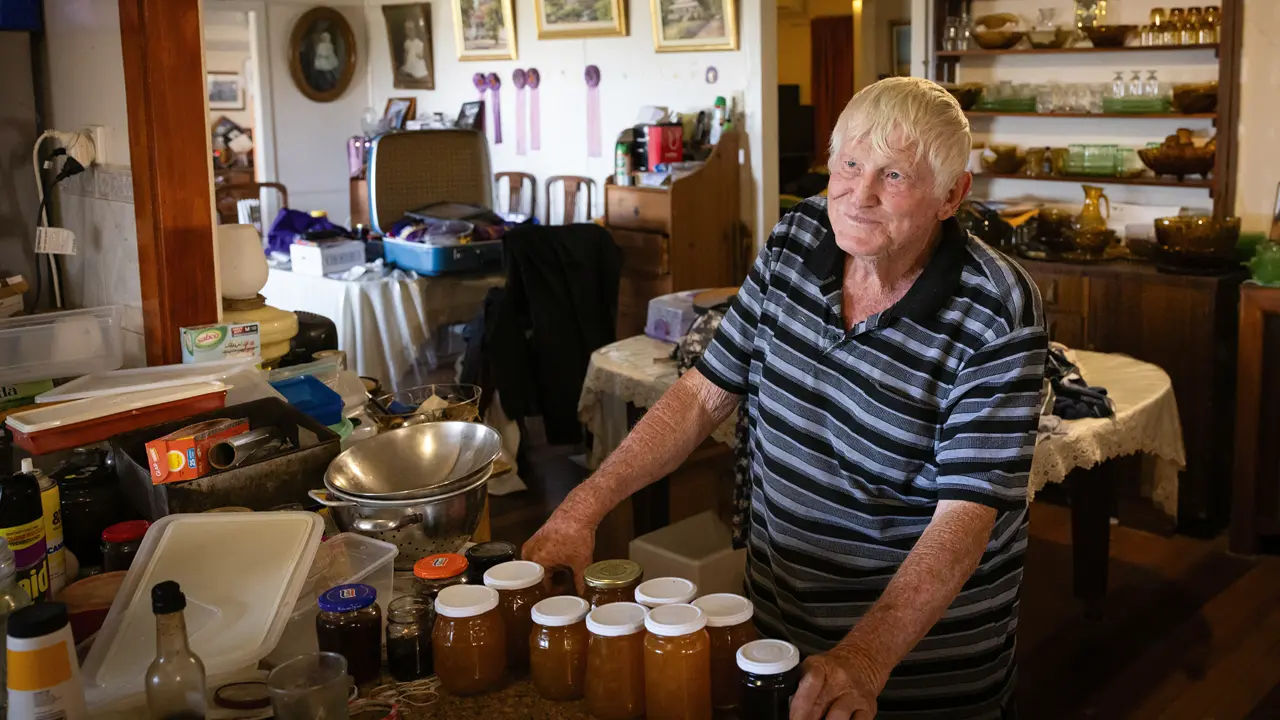When Jim Alston was convalescing after an accident, he dreamt of living on a deserted island, Robinson Crusoe-style, and now that’s exactly what he does.
Story By Dion Isaacson
Ten years ago Jim Alston was paragliding when he hit a thermal. His chute folded and he plunged 30 metres to the ground. He was very lucky to survive and spent the next three months in hospital, then a year recovering. “I was lying in a hospital bed, having doctors tell me that they didn't know if I would ever walk again,” Jim says. “I was staring at the ceiling for months and months. I had a little wish that if I ever got better and could walk again, that I would live on a remote island somewhere, like Robinson Crusoe. It was my favourite story when I was a kid.” Jim decided his new venture would be called Wilderness Island Safari Holidays or WISH.
When Jim did walk again, he and his father chartered a plane and went scouting for his dream island. Years of paperwork, title searches, approvals and, most importantly for Jim, the permission of local Indigenous people resulted in the creation of Wilderness Island in Western Australia’s Exmouth Gulf five years ago. Wilderness Island isn’t found on any conventional map but it is roughly 40 kilometres east of Exmouth. Jim and his family have lived in the area for five generations – he grew up on nearby Yanrey Station, where he mustered cattle before his accident.
Around this time Jim met ‘Harry’ Butler (his real first name is known only to himself and his closest friends, Harry is a nickname inspired by the famous Australian naturalist), who helped him set up WISH. Jim and Harry had something in common – the former steel fixer injured his back when he fell 50m through historic Derby Jetty after a rusting grate gave way. A lengthy convalescence followed while Harry dealt with a long list of injuries, including five crushed vertebrae. “Jim had this idea for the island that I knew very well,” Harry says. “It was a great idea and I thought, ‘My back’s stuffed, his back’s stuffed, so let’s put two stuffed spines together and see what we can come up with’.” Harry doesn’t wear shoes and survives on beer, cigarettes, steak and sauce. But 10 years’ experience as a fishing guide – despite the fact that he doesn’t eat fish – makes him a major attraction for visitors to the island.
This story excerpt is from Issue #73
Outback Magazine: Oct/Nov 2010








